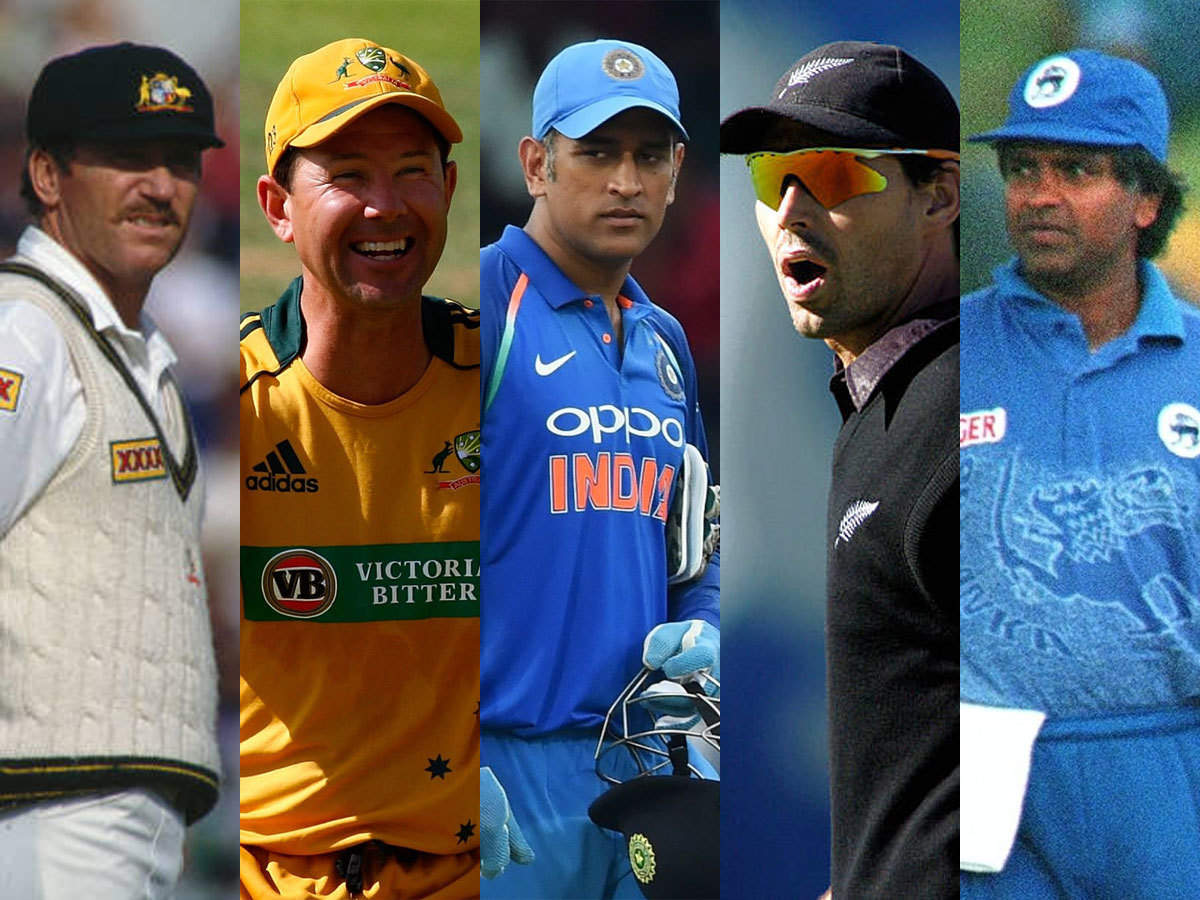Introduction
Cricket captaincy is an art that requires leadership, strategic thinking, and a deep understanding of the game. A great captain can inspire their team to achieve greatness, while a poor one can lead to defeat and disappointment. In this article, we’ll explore the best cricket captains of all time, highlighting their achievements, leadership styles, and impact on the game.
- Sir Don Bradman (Australia)
Regarded by many as the greatest batsman in cricket history, Sir Don Bradman was also an exceptional captain. He led Australia to 24 Test victories, including a record 16 consecutive wins. Bradman’s leadership was characterized by his vision, tactical acumen, and ability to motivate his players.
- Sir Vivian Richards (West Indies)
A destructive batsman and exceptional fielder, Sir Vivian Richards was a natural leader. He captained the West Indies to 13 Test victories, including a dominant 5-0 series win over England. Richards’ leadership was marked by his aggressive approach, passion, and ability to inspire his team.
- Allan Border (Australia)
Allan Border is widely regarded as one of the greatest captains in cricket history. He led Australia to 32 Test victories, including a record 10 consecutive wins. Border’s leadership was characterized by his tactical genius, ability to motivate his players, and his unwavering commitment to the team.
- Clive Lloyd (West Indies)
Clive Lloyd was a dominant force in West Indian cricket, leading the team to 36 Test victories, including a record 15 consecutive wins. Lloyd’s leadership was marked by his calm and composed approach, tactical acumen, and ability to bring out the best in his players.
- Mike Brearley (England)
Mike Brearley is widely regarded as one of the greatest captains in English cricket history. He led England to 17 Test victories, including a series win over Australia in 1981. Brearley’s leadership was characterized by his intelligence, tactical genius, and ability to motivate his players.
- Steve Waugh (Australia)
Steve Waugh is one of the most successful captains in cricket history, leading Australia to 41 Test victories, including a record 16 consecutive wins. Waugh’s leadership was marked by his aggressive approach, tactical acumen, and ability to inspire his team.
- Sourav Ganguly (India)
Sourav Ganguly is widely regarded as one of the greatest captains in Indian cricket history. He led India to 21 Test victories, including a series win over Australia in 2001. Ganguly’s leadership was characterized by his passion, tactical genius, and ability to bring out the best in his players.
- Ricky Ponting (Australia)
Ricky Ponting is one of the most successful captains in cricket history, leading Australia to 48 Test victories, including a record 16 consecutive wins. Ponting’s leadership was marked by his aggressive approach, tactical acumen, and ability to inspire his team.
- Mahendra Singh Dhoni (India)
Mahendra Singh Dhoni is widely regarded as one of the greatest captains in Indian cricket history. He led India to 27 Test victories, including a series win over England in 2011. Dhoni’s leadership was characterized by his calm and composed approach, tactical genius, and ability to bring out the best in his players.
- Graeme Smith (South Africa)
Graeme Smith is one of the most successful captains in South African cricket history, leading the team to 53 Test victories, including a series win over Australia in 2008. Smith’s leadership was marked by his aggressive approach, tactical acumen, and ability to inspire his team.
Conclusion
These captains have left an indelible mark on the game of cricket, inspiring their teams to achieve greatness and leading by example. Their leadership styles, tactical genius, and ability to motivate their players have made them legends of the game. As we look to the future, it’s clear that the art of cricket captaincy will continue to evolve, but the legacy of these great captains will forever be remembered.
